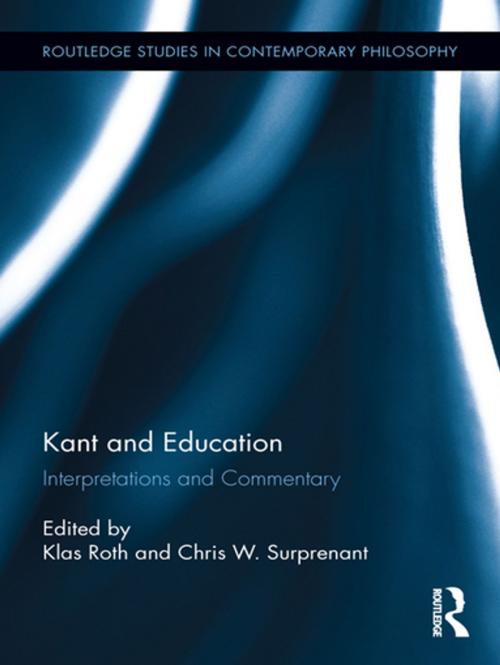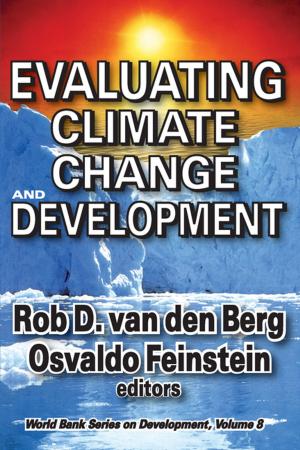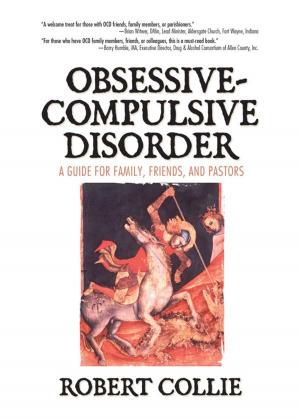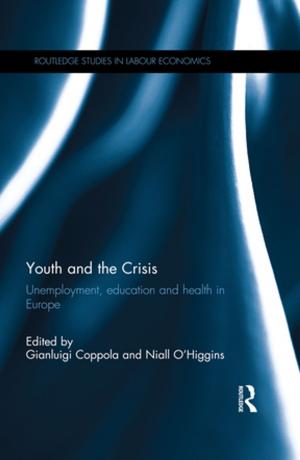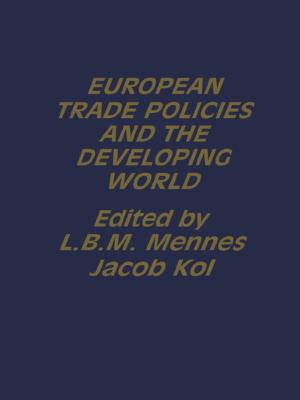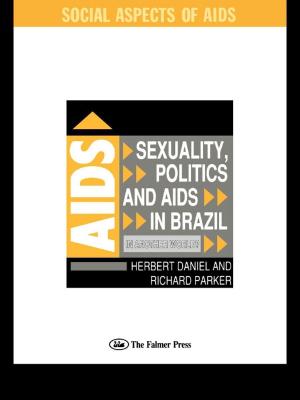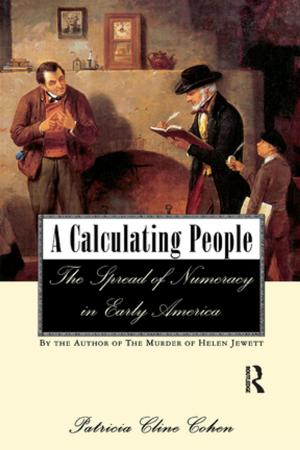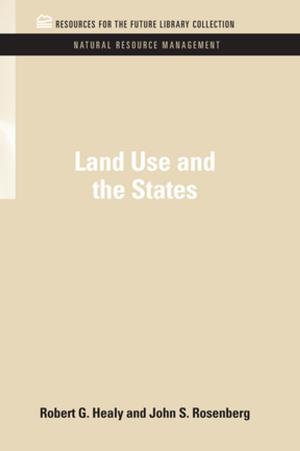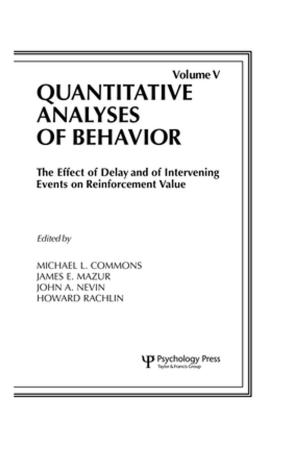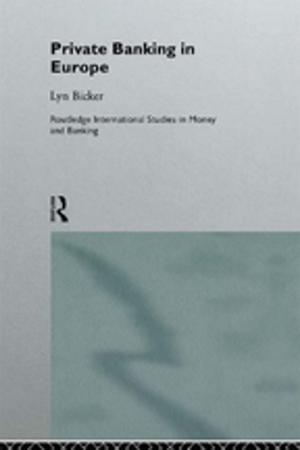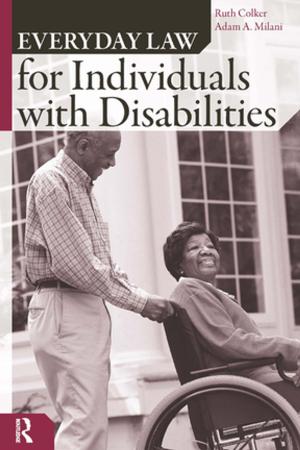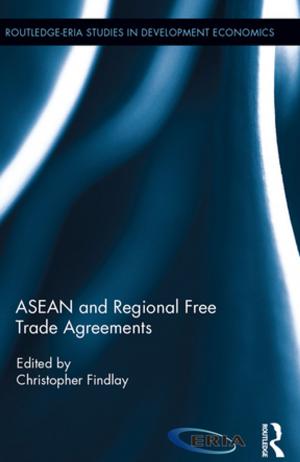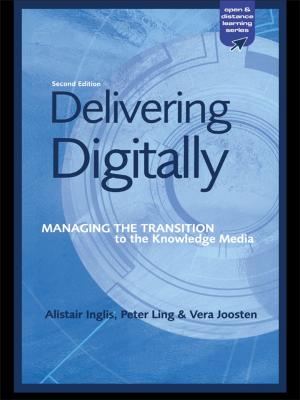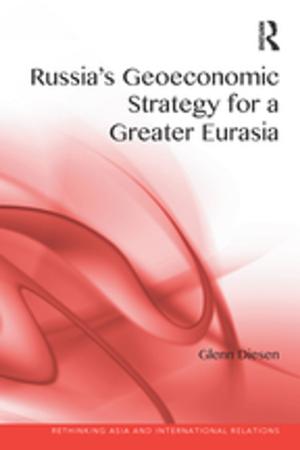Kant and Education
Interpretations and Commentary
Nonfiction, Reference & Language, Education & Teaching, Educational Theory, Philosophy & Social Aspects, Religion & Spirituality, Philosophy, Ethics & Moral Philosophy| Author: | ISBN: | 9781136597220 | |
| Publisher: | Taylor and Francis | Publication: | April 23, 2012 |
| Imprint: | Routledge | Language: | English |
| Author: | |
| ISBN: | 9781136597220 |
| Publisher: | Taylor and Francis |
| Publication: | April 23, 2012 |
| Imprint: | Routledge |
| Language: | English |
Immanuel Kant’s moral philosophy, political philosophy, and philosophy of judgement have been and continue to be widely discussed among many scholars. The impact of his thinking is beyond doubt and his ideas continue to inspire and encourage an on-going dialogue among many people in our world today. Given the historical and philosophical significance of Kant’s moral, political, and aesthetic theory, and the connection he draws between these theories and the appropriate function and methodology of education, it is surprising that relatively little has been written on Kant’s contribution to education theory.
Recently, however, internationally recognized Kant scholars such as Paul Guyer, Manfred Kuehn, Richard Velkley, Robert Louden, Susan Shell, and others have begun to turn their attention to Kant’s writings on education and the role of education in cultivating moral character. Kant and Education: Interpretations and Commentary has gathered these scholars together with the aim of filling this perceived void in Kant scholarship. All of the essays contained within this volume will examine either Kant’s ideas on education through an historical analysis of his texts; or the importance and relevance of his moral philosophy, political philosophy, and/or aesthetics in contemporary education theory (or some combination).
Immanuel Kant’s moral philosophy, political philosophy, and philosophy of judgement have been and continue to be widely discussed among many scholars. The impact of his thinking is beyond doubt and his ideas continue to inspire and encourage an on-going dialogue among many people in our world today. Given the historical and philosophical significance of Kant’s moral, political, and aesthetic theory, and the connection he draws between these theories and the appropriate function and methodology of education, it is surprising that relatively little has been written on Kant’s contribution to education theory.
Recently, however, internationally recognized Kant scholars such as Paul Guyer, Manfred Kuehn, Richard Velkley, Robert Louden, Susan Shell, and others have begun to turn their attention to Kant’s writings on education and the role of education in cultivating moral character. Kant and Education: Interpretations and Commentary has gathered these scholars together with the aim of filling this perceived void in Kant scholarship. All of the essays contained within this volume will examine either Kant’s ideas on education through an historical analysis of his texts; or the importance and relevance of his moral philosophy, political philosophy, and/or aesthetics in contemporary education theory (or some combination).
